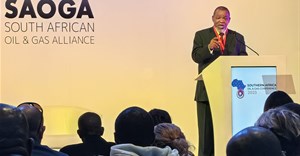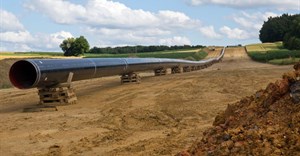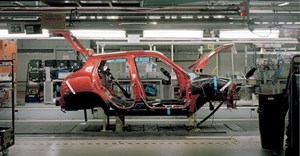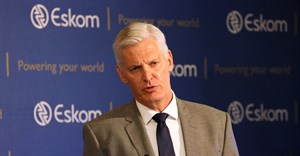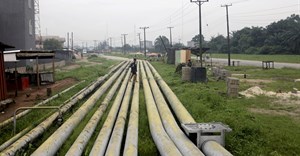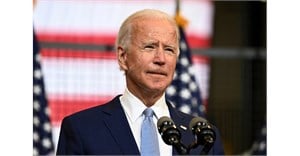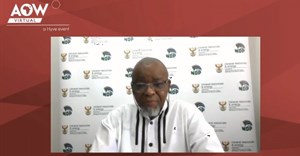
Subscribe & Follow
Sasol urged to cut new licence deal in Maputo

If Mozambique's government does so, it would be following the example of other sub-Saharan countries that are trying to renegotiate contracts with mining and exploration companies, such as the Democratic Republic of Congo and Tanzania. But backtracking on previous agreements can deter new investors.
Sasol signed a petroleum production agreement in 2000 and a company was formed in which Sasol held 75%, the Mozambican government 20% and the International Finance Corporation 5%, to exploit the gas in the Pande and Temane fields. Sasol has subsequently signed a second agreement, the production sharing agreement, to exploit oil and gas at Inhassoro.
To date it has invested about $3bn in Mozambique.
In a report released on Thursday titled Inflation of costs and transfer prices - Sasol will continue to milk Mozambique, the Centro de Integridade Publica (CIP), supported by global activist group Oxfam, said tax revenue generated by Pande and Temane in their first 10 years fell far short of projections. The main reasons were the pricing of the gas under the agreed formula and Sasol's extremely high capital and operating expenditures.
It accused Sasol of "abusive transfer pricing" because of the low price it paid for gas in Mozambique compared with the far higher price for the gas it sold in SA.
The CIP said although the initial capital cost of Pande and Temane was $721m, it had escalated to $1.2bn by 2013.
This included an additional $400m to expand the central processing facility, which the CIP argued was inflated.
Sasol said that renegotiating the agreements would not be a simple matter as they followed intergovernmental accords between the South African and Mozambican governments.
The CIP's report did not fully reflect the value created in Mozambique by Sasol and its partners, it said.
Alex Anderson, head of group media relations for Sasol, said that the reasons for the differences between Mozambican and South African gas prices were that Mozambican gas was priced to stimulate a domestic gas market and excluded certain costs.
In SA, gas prices were regulated by the National Energy Regulator of SA, he pointed out.
Source: I-Net Bridge

For more than two decades, I-Net Bridge has been one of South Africa’s preferred electronic providers of innovative solutions, data of the highest calibre, reliable platforms and excellent supporting systems. Our products include workstations, web applications and data feeds packaged with in-depth news and powerful analytical tools empowering clients to make meaningful decisions.
We pride ourselves on our wide variety of in-house skills, encompassing multiple platforms and applications. These skills enable us to not only function as a first class facility, but also design, implement and support all our client needs at a level that confirms I-Net Bridge a leader in its field.
Go to: http://www.inet.co.za





